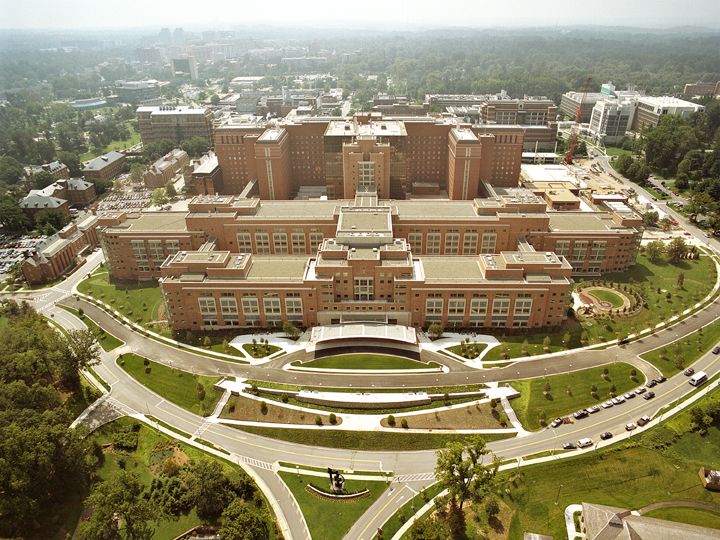On August 16, 2018, the NIH announced some immediate changes and some proposed future changes to oversight of Human Gene Transfer (HGT) research under the NIH Guidelines for Research Involving Recombinant or Synthetic Nucleic Acid Molecules (NIH Guidelines).
We at WCG are currently reviewing all of the announced changes, and we can also expect comments and discussion soon from other groups that provide expert advice in this area, such as the American Society of Gene & Cell Therapy (ASGCT) and ABSA International. Today we would like to highlight a couple of salient points for sponsors, CROs, and clinical trial sites engaged in HGT research.
Effective immediately:
- All Institutional Biosafety Committee (IBC) review and approval responsibilities remain unchanged (other than those relating to Appendix M).
- All registration and reporting activities described in Appendix M of the NIH Guidelines are terminated. The NIH will no longer require or accept any Appendix M reporting or submissions. Sponsors and investigators are no longer required to submit protocols for RAC consideration per Appendix M-I-A, and IRBs and IBCs are no longer required to provide letters indicating whether a new protocol is suitable for RAC review. The NIH will no longer track HGT protocols in GeMCRIS or issue OSP numbers to new protocols.
Described in draft proposal, not yet implemented:
- The requirement for IBC review of HGT research at clinical trial sites would remain in place, but there would be a brighter line between the responsibilities of the IBC and of the IRB.
- Appendix M of the NIH Guidelines would be eliminated.
These changes are meant to eliminate duplicative oversight activities of FDA and NIH, and should result in quicker startup and enrollment of HGT clinical trials. The draft proposed changes to the guidelines would not be implemented until October at the earliest.
All scheduled meetings of IBCs administered by WCG will proceed as planned. IBCs will continue to conduct reviews and approvals as before. If and when the draft proposal is implemented, meetings will still continue on schedule but review activities will be adjusted accordingly.
We will be providing more detailed review and discussion on this topic soon. In the meantime, please feel free to contact us with any questions about your HGT research.
